Simon Harris, the anointed successor to the outgoing Irish Taoiseach Leo Varadkar, has quite the in-tray. Harris, who was the only candidate in Fine Gael’s party leadership race, will become Ireland’s youngest prime minister on April 9 when the Irish Parliament, the Dáil, resumes after its Easter break. One of the most pressing tasks he faces is trying to rebuild a semi-decent relationship with the unionists of Northern Ireland, such is the noxious legacy of his predecessor.
Harris is identikit to Varadkar in many ways
Speaking in Athlone last weekend, where the thirty-seven-year-old described his new role as the “absolute honor” of his life, Harris claimed that UK-Irish relations were in a much better position compared with a year previously. Really?
While some unionists — such as the Democratic Unionist Party — would endorse that assertion, there are plenty who would contend otherwise. After all, what Irish prime minister would try and rock the most comprehensive upstaging of the British since independence?
Fundamentally, Harris is identikit to Varadkar in many ways; the epitome of the career politician, he has been described as the “TikTok Taoiseach,” such is his use of social media. He has been active in party politics since he was fifteen, which says a lot. However, in his acceptance speech, he did take a strident tone on one particular issue.
On the Thursday beforehand, a man called Pearse McAuley was buried. An IRA member, McAuley was sentenced for killing Jerry McCabe, a member of the Garda Siochana, the Irish police force. A father of five, McCabe was helping to escort a mail van carrying a significant sum when he was shot by a duo including McAuley,
Alongside this act of terrorism, McAuley spent time in prison for stabbing his ex-wife thirteen times. In summary, McAuley was every inch the unpleasant individual which could be associated with the malignant shade of Provisional terrorism.
At his funeral, McAuley’s coffin was draped in the Irish tricolor, standard stuff for Provo services of yore. Harris took extreme issue with this. Pointing to his party’s — Fine Gael — role in founding the Irish police, he said it was shocking that the national flag was draped over the “coffin of a garda killer,” adding that he wanted to “take our flag back.”
Such a radical soundbite will elicit hope amongst those who view the rise of Sinn Féin with dismay. An essential part of their political ascent in the republic has been to claim that the old establishment long stopped rallying round the flag. This rhetoric from Harris is clearly a bid to park Fine Gael’s tanks on Sinn Féin’s lawn.
Unionists will view such rhetoric with caution. After all, Varadkar made plenty of anti-Sinn Féin soundbites during his tenure, yet never hesitated to smash the glass of anti-British posturing when it suited him. It is instructive that Harris has pledged to carry on with Varadkar’s legal case against the UK over its legislation regarding the troubles in Northern Ireland.
It was nevertheless interesting that the DUP member for East Londonderry, Gregory Campbell, has fessed up that, for unionism, Harris was an unknown quantity. His political career has been firmly in the realms of health and education in recent years and he has been kept far away from the Protocol and Framework strewn battlefields of Brexit. This is perhaps an opportunity for a reset between Dublin and unionism.
Harris treating unionism with an element of respect which escaped his predecessor would be a start. Given his endorsement of the Windsor Framework, such a rapprochement will be challenging. However, his comments about Sinn Fein are something to seize. A leader in Leinster House willing to target the dogma of Mary Lou McDonald, Michelle O’Neill et al is something even the most dyed-in-the-wool unionist could swing behind.
This article was originally published on The Spectator’s UK website.



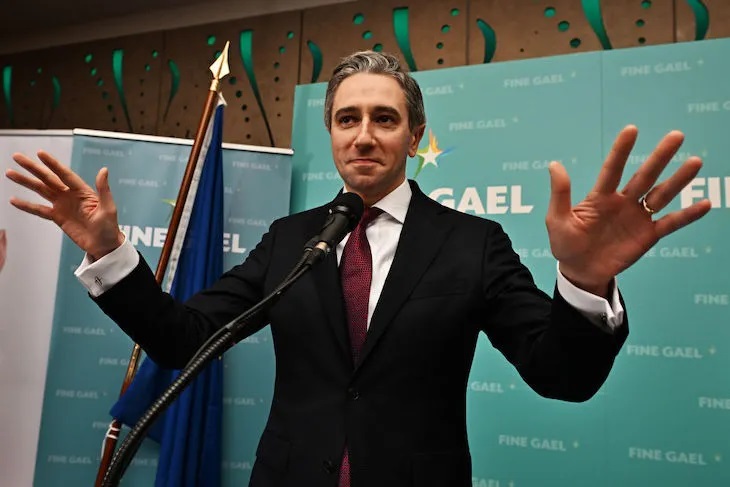








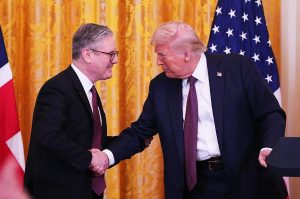
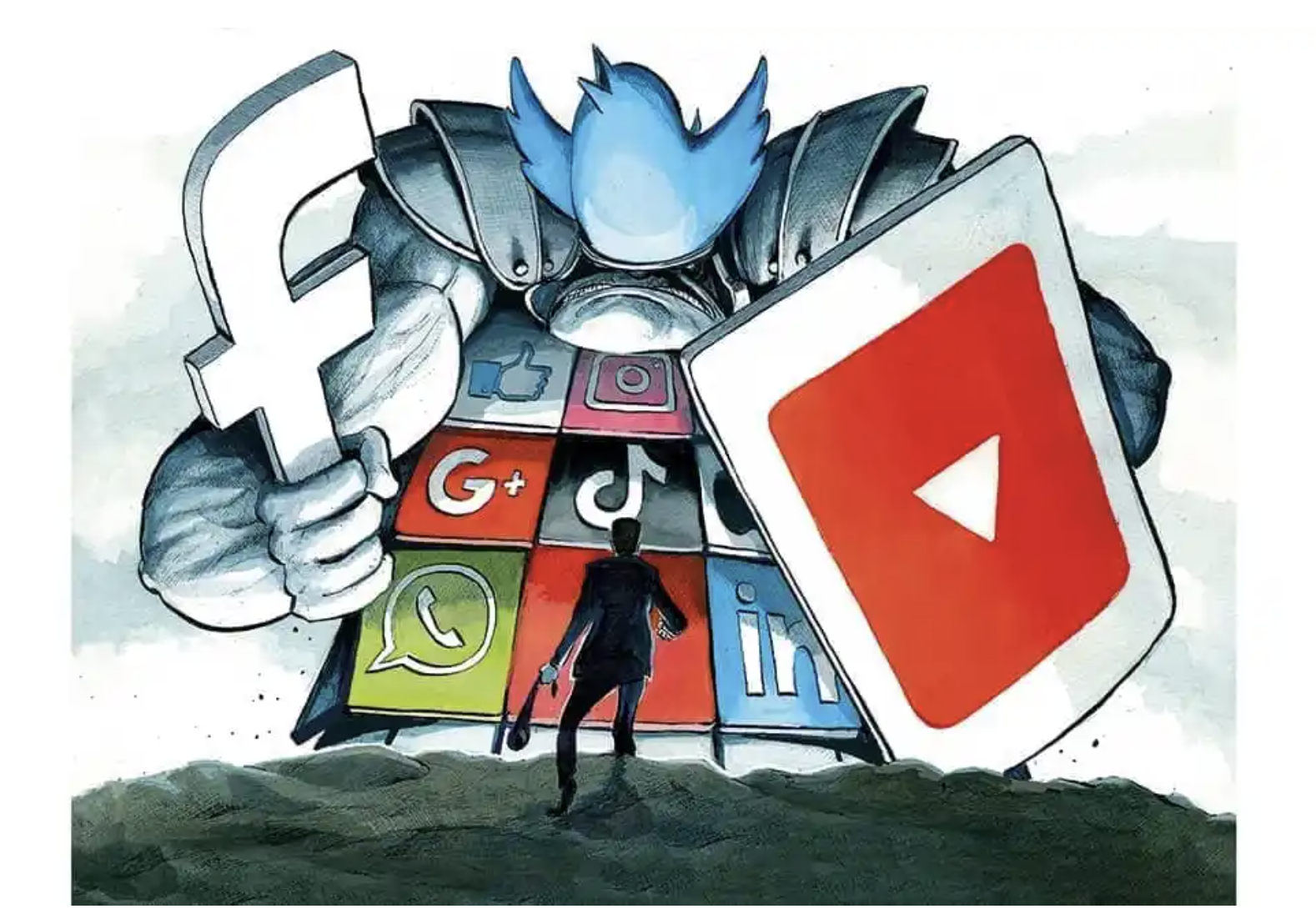
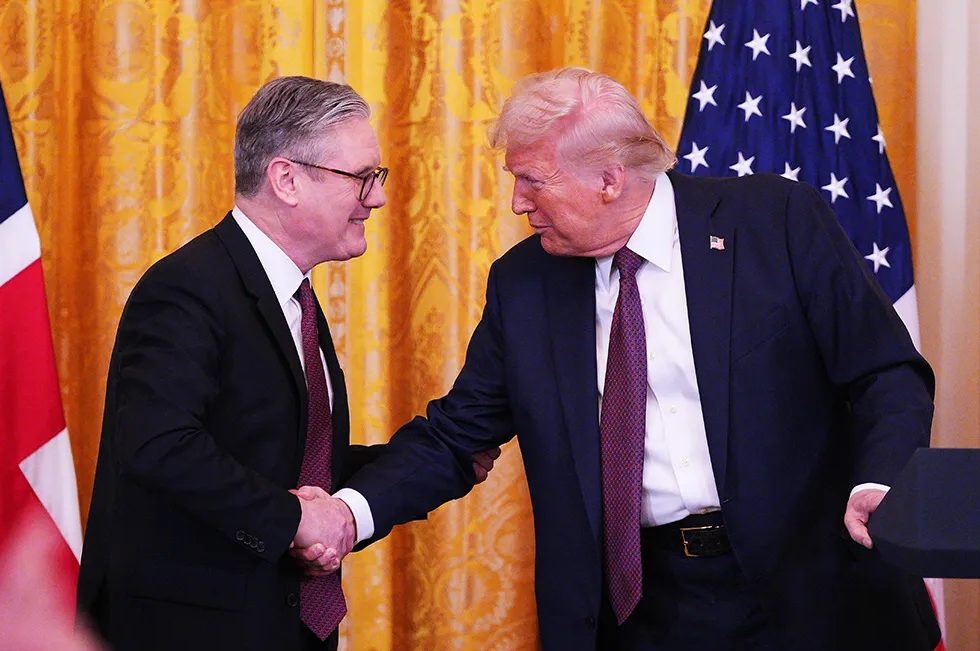


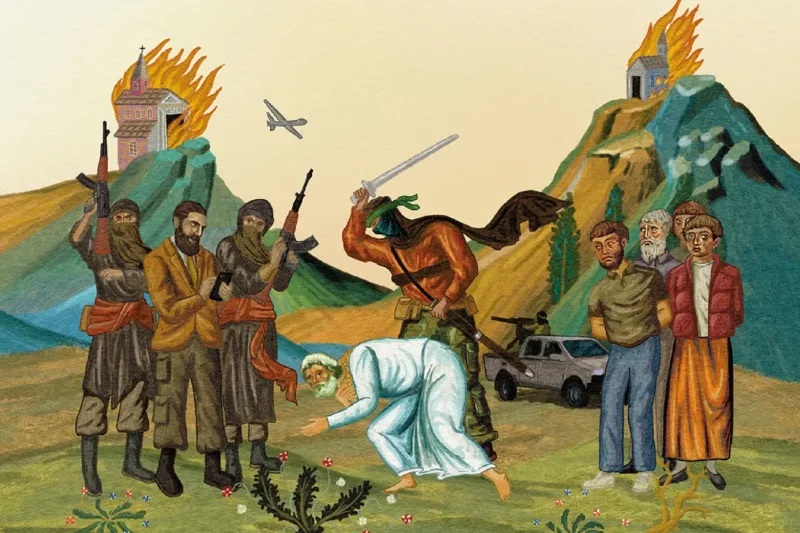
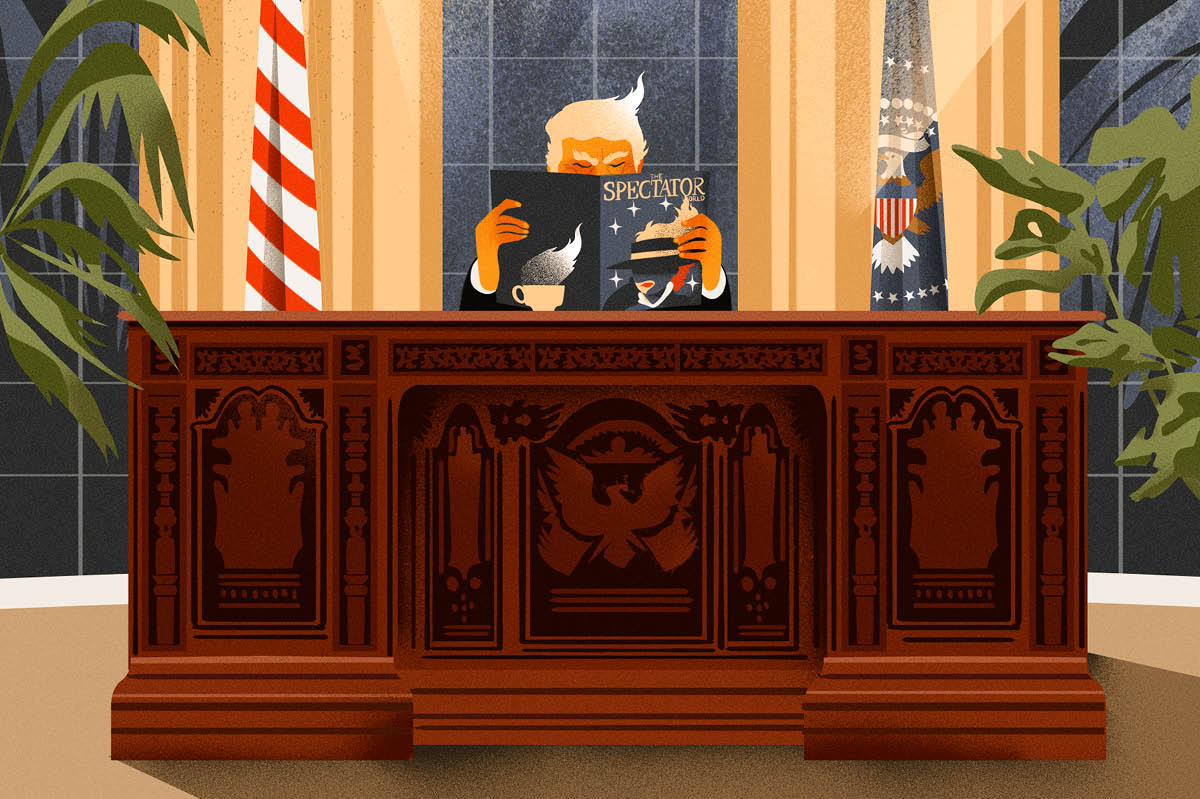







Leave a Reply